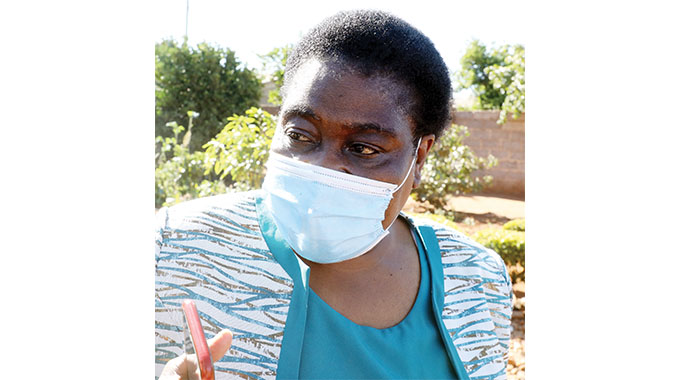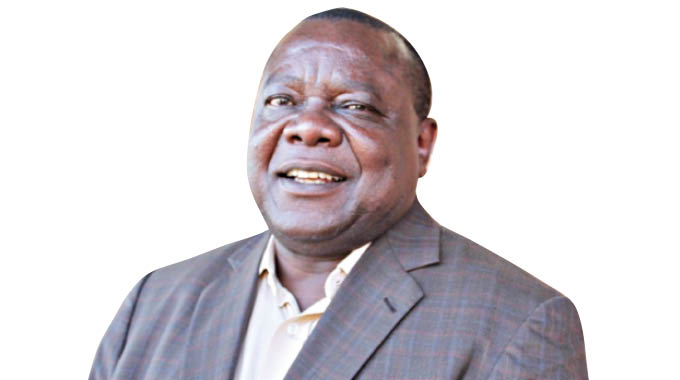Strategy to revive Bulawayo in the works

Thandeka Moyo-Ndlovu, Chronicle Reporter
BULAWAYO’S provincial strategic development plan will be driven by employment creation, industry revival and expansion as the city is geared to ensure it plays its part towards attainment of Vision 2030 of an upper-middle class economy.
This was said by Minister of State for Provincial Affairs and Devolution Judith Ncube yesterday during an all stakeholders meeting to help the province formulate the strategy.
The formulation of the provincial strategy which will feed into the National Development Strategy 1 (NDS1) is ongoing and by Friday stakeholders will come up with a plan set to revive Bulawayo as an industrial hub.
Once known as the country’s centre of manufacturing industry, the city has paled into factory shells mostly rented by churches.
The strategy, a brainchild of the Second Republic is aimed at returning the glory days to the country’s second largest city.
NDS1, which succeeded the two-year Transitional Stabilisation Programme (TSP), is the second step of the Second Republic’s drive to attain Vision 2030.

The latest strategy, which was launched by President Mnangagwa last November, charts policies, institutional reforms and national priorities needed between 2021 and 2025 to attain an upper middle-income economy under Vision 2030.
The TSP focused on stabilising the macro-economy and the financial sector, improving infrastructure, and laid the foundation required for economic take-off and growth.
Through the NDS1, which is running under the theme ‘Towards a Prosperous and Empowered Upper Middle-Income Society by 2030,’ it is believed that the blueprint will go a long way in helping the country’s economic recovery efforts, particularly the Government’s thrust to embark on reforms and engagement efforts.
As part of promoting the economic development agenda, the Second Republic is rationalising the 14 priority areas in the NDS1 and implement them in a phased approach to derive maximum benefits.
The 14 priority areas are: economic growth and stability; food security and nutrition; governance; moving the economy up the value chain and structural transformation; human capital development; environmental protection, climate resilience and natural resource management; housing delivery; Information Communication Technology and the digital economy; health and well-being; transport, infrastructure among others.
“It is with great pleasure that I welcome you to craft the development of this important document which will help us strategise on how we can best prepare ourselves to implement the NDS which aims to fulfil Vision 2030 pioneered by our President Emmerson Mnangagwa.
“Bulawayo province has made strides in coming up with several developmental plans like the provincial investment profile for inclusive economic development and we know that we will embrace the NDS1 and come up with a powerful tool to help develop the province,” said Minister Ncube.
She called on stakeholders to take the process seriously as it has a bearing on the success of Bulawayo.
“Our province should be able to craft an economic blueprint which will consist of our priorities and set us up for economic development because we need to create jobs. I appeal to you to actively participate in the programme so that it can be a success and we are grateful to the Ministry of Finance and Economic Development for the resources to ensure that we partake in the economic revival of Zimbabwe,” she added.
The provincial development coordinator and economist Mr Paul Nyoni said it was necessary for Bulawayo to strategise as the city is still home to many firms and industrial space which has not been functional for years now.
“The important thing for us is the revival and expansion of Bulawayo’s industrial capacity because we have much factory and industry space than other provinces. We used to have a thriving transport capacity based on our proximity to Hwange hence this exercise will help us revive and expand the industry while creating employment,” he said.
“The number of people who were employed in this province years ago has gone down hence the need for us to plan and see how we can bring that economic activity back while expanding for socio-economic growth.”
He added:
“Devolution is about getting local people to influence socio-economic development of Bulawayo and no one will do it better than us.”-@thamamoe










Comments